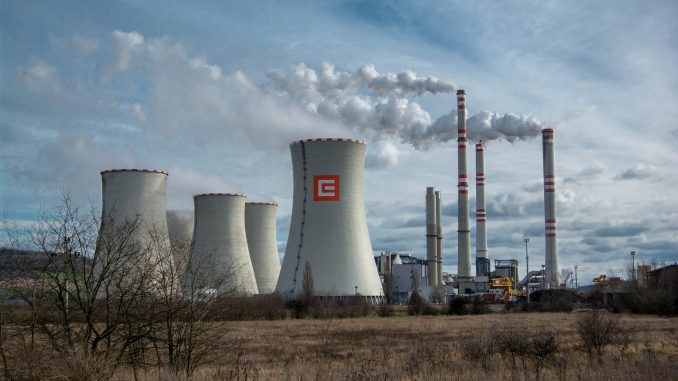
In a report released on World Health Day, the Network revealed figures that describe the painful health and economic costs that Morocco, like several other countries in the MENA region, is incurring due to its reliance on fossil fuels, which pollute the air and cause high rates of illness and death.
Citing data that Greenpeace MENA (Middle East and North Africa) published in a global report entitled “Toxic Air: The True Cost of Fossil Fuels,” the Network said that air pollution causes more than 5,000 deaths in Morocco, an average of 15 deaths per day, and costs the country nearly 11 billion dirhams per year, according to a Greenpeace report.
“This number of deaths caused by air pollution in Morocco is certainly worrying, but it is far from reflecting reality, as many people die from pollution without necessarily being aware of it or diagnosed,” said Ayoub Krir, president of the Association “Oxygène pour l’Environnement et la Santé”.
The report attributes the reason for this increase in deaths to Morocco’s reliance on coal for electricity generation, which endangers the health of its citizens, as coal is one of the most polluting sources of fossil fuels and causes several chronic diseases.
The increase in economic activities is accompanied by a significant increase in emissions and concentrations of pollutants. While economic development cannot take place without these activities, the air pollution impacts they cause affect labour productivity, public finance expenditures related to health care and public research costs and preventive health care, as well as on agricultural crop yields.
Despite competitive constraints that can often limit less productive investments, reducing environmental impacts could represent significant investment opportunities for industrial companies, especially in a global context marked by a focus on sustainable performance and by regulatory and societal pressures to adopt efficient pollution control systems, says Ayoub Krir.
In this sense, the report indicates that the inhabitants of the Casablanca-Settat region, which represents 50% of the industrial activity in Morocco, are more vulnerable than others to respiratory diseases, due to air pollution, as this city has about 20% of the people infected by diseases caused by air pollution.
As for the level of water pollution, the Network, which is active in the environmental cause, pointed out that 28% of Morocco’s water sources are threatened by pollution, and that solid waste, pesticides, chemical
fertilisers and chemicals constitute the greatest direct threat to underground water resources and the health of the Moroccan population.
The Network cited a World Bank report that Morocco is among the countries with the highest rate of water pollution, and a report by the Moroccan Poison and Pharmacovigilance Centre revealing that more than 90% of food poisoning recorded in Morocco after medication is caused by microbial contamination of food, and nearly 10% is caused by chemicals, not to mention the increase to one and a half million Moroccans suffering from malnutrition.
The report stresses that achieving health security and health sovereignty in Morocco cannot depend solely on health sector services, but rather on a collective responsibility that requires targeting the social determinants of health and protecting our ecological systems.
The Network stressed that government decision-makers are now more than ever obliged to make environmental protection an integrated priority in all economic and social programmes, to build a fair and equitable health system and a healthy environment.

Be the first to comment